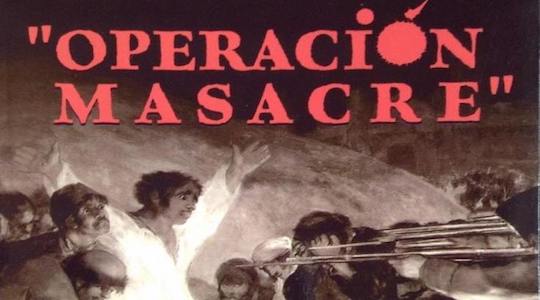By rebelling against his country’s dominant Euro-centric discourse and disobeying the fundamental rules of Albanian grammar, writer Idlir Azizi has created a new kind of Albanian literature. In today’s essay, researcher Adem Ferizaj analyzes Azizi’s Terxhuman and helps us understand the implications it might have for Albanian-language literature and Albania as a whole.
The pyramid crisis in Albania and the Kosovo Liberation War are the only two Albanian incidents that simultaneously made headlines in The New York Times, Le Monde, and Frankfurter Allgemeine Zeitung in the 1990s. Since Western journalists’ interest in the Albanian lands depends on political turmoil in the Balkans that could ruin European “geopolitical stability,” this comes as no surprise. When Western editorial offices are urgently in need of articles about this region, the local who organizes meetings, provides information on the addressed issue, and translates interviews becomes indispensable for them.
In Albania, this local is often referred to as a “fixer,” although the word terxhuman (which shares a root with the English “dragoman”) is used as well. The latter is also the title of Idlir Azizi’s 2010 novel, which takes this profession as a starting point to address Western arrogance towards Albanians and to provide an unprecedented analysis of Albanian society. In a very original way, Azizi deconstructs the mainstream Albanian discourses that are based on Eurocentric concepts, or, to put it differently, on Western arrogance towards Albanians. In this way, Terxhuman (which has yet to be translated into English) interprets Albanian reality in an alternative and postcolonial way. Such an analysis did not previously exist in contemporary Albanian literature.


